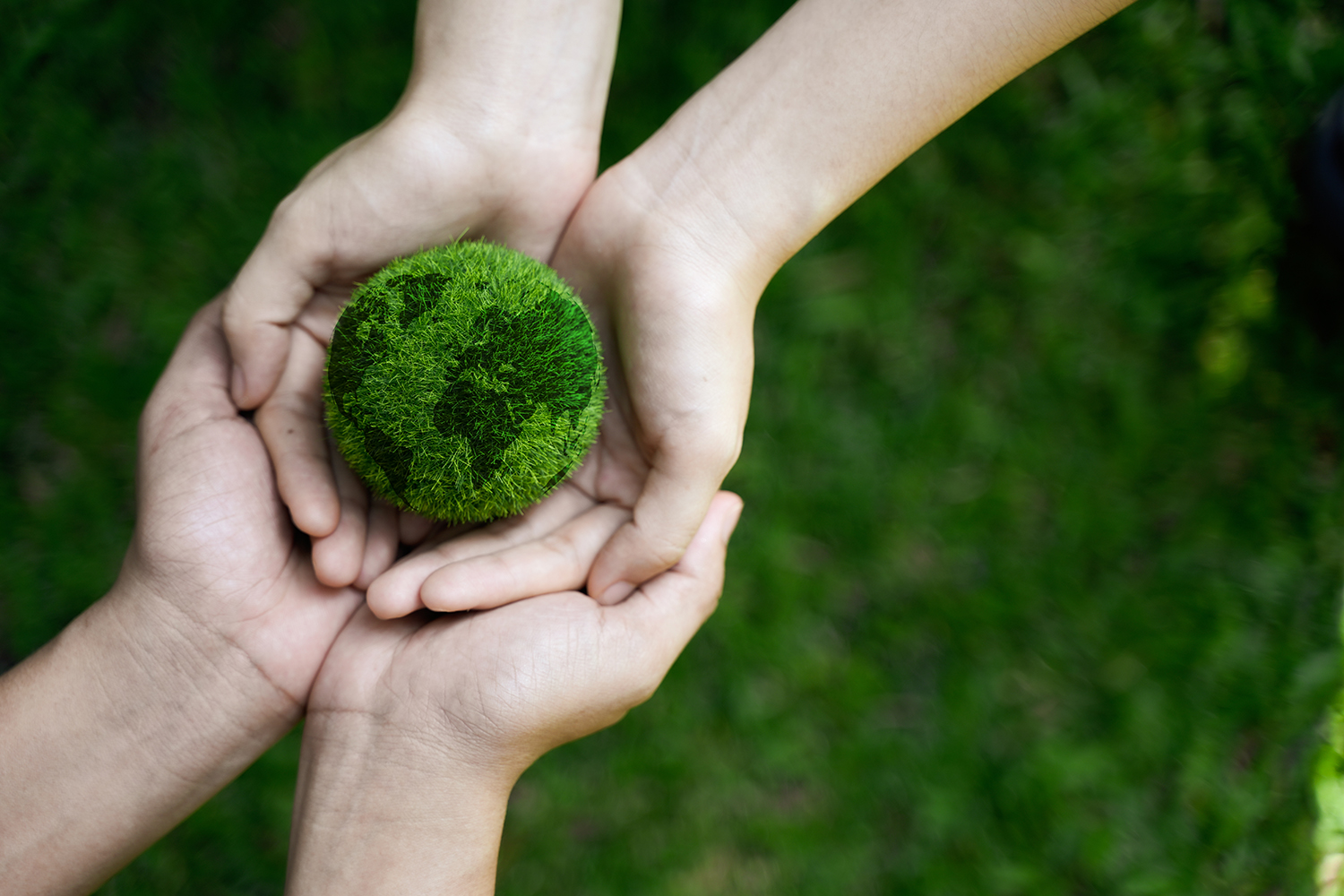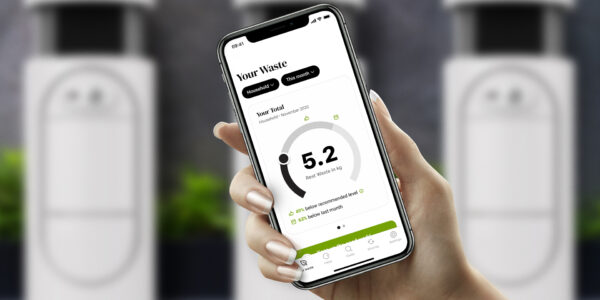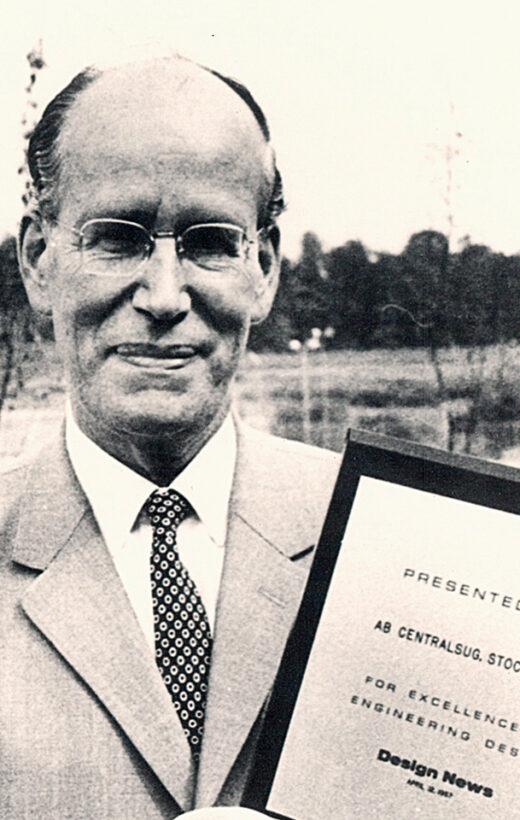1/3 of food produced worldwide is either lost or wasted
even as 800 million people globally go hungry
3rd highest fuel consumers are garbage trucks
a truck that travels 25,000 km annually using conventional diesel emits roughly more than 100 metric tons of eCO2
5,25 trillion pieces of plastic debris in the ocean
of that mass, 269,000 tons float on the surface
33% of plastic manufactured worldwide is single use
shockingly 85 percent of the world’s plastic is not recycled
2,12 billion tonnes of waste
is dumped every year. If this waste was put on trucks they would go around the world 24 times
Greener environment for future generations

Inspired by United Nations Environmental Programme we want to unite and bring the community together for sustainable urban development of our cities. In 2023, we start a new campaign ‘make every action count’ to set a series of awareness-based actions that will encourage people to look at ‘waste’ as a serious environmental concern and take actions to help reduce its impact. Envac has been part of the global sustainable development movement since its inception in 1961. Our mission is to make waste removal clean, safe and environmentally friendly. For the past six decades, we have been helping communities with our advanced waste-handling systems and spreading awareness about their benefits. We need to understand that an automated waste collection system is part of the solution that can support sustainable urban development.

Envac contributing to UN Sustainable Development Goals
One of the sustainable development goal is to improve health and safety of the people. Our system promotes user safety and health as it prevents unsanitary conditions, odours, and vermin, and our touchless technology reduces the transmission of infections.
As waste collection traffic is reduced in densely populated areas, deaths and injuries from traffic accidents are minimised. Our solutions for hospitals promote safer handling of contaminated laundry, as well as medical waste within the hospital. The traditional waste collection includes regular cleaning of waste containers, increasing water consumption as well as the apparent risk of contaminating groundwater resources. Water consumption for cleaning can be as high as 200 liters per inhabitant each year. Our innovative system minimises this pressure on water supplies and helps reach the UN goal of improved water management globally.
Envac’s system and services help reach the UN goals of responsible consumption and production by bringing the waste collection into the circular economy. Our system can handle several fractions of waste and with our sorting system, recycling is made easy and cost-efficient, re-using resources in a never-ending loop. Also, sorted food waste can be used to produce bioenergy and biofertilizers.
Learn more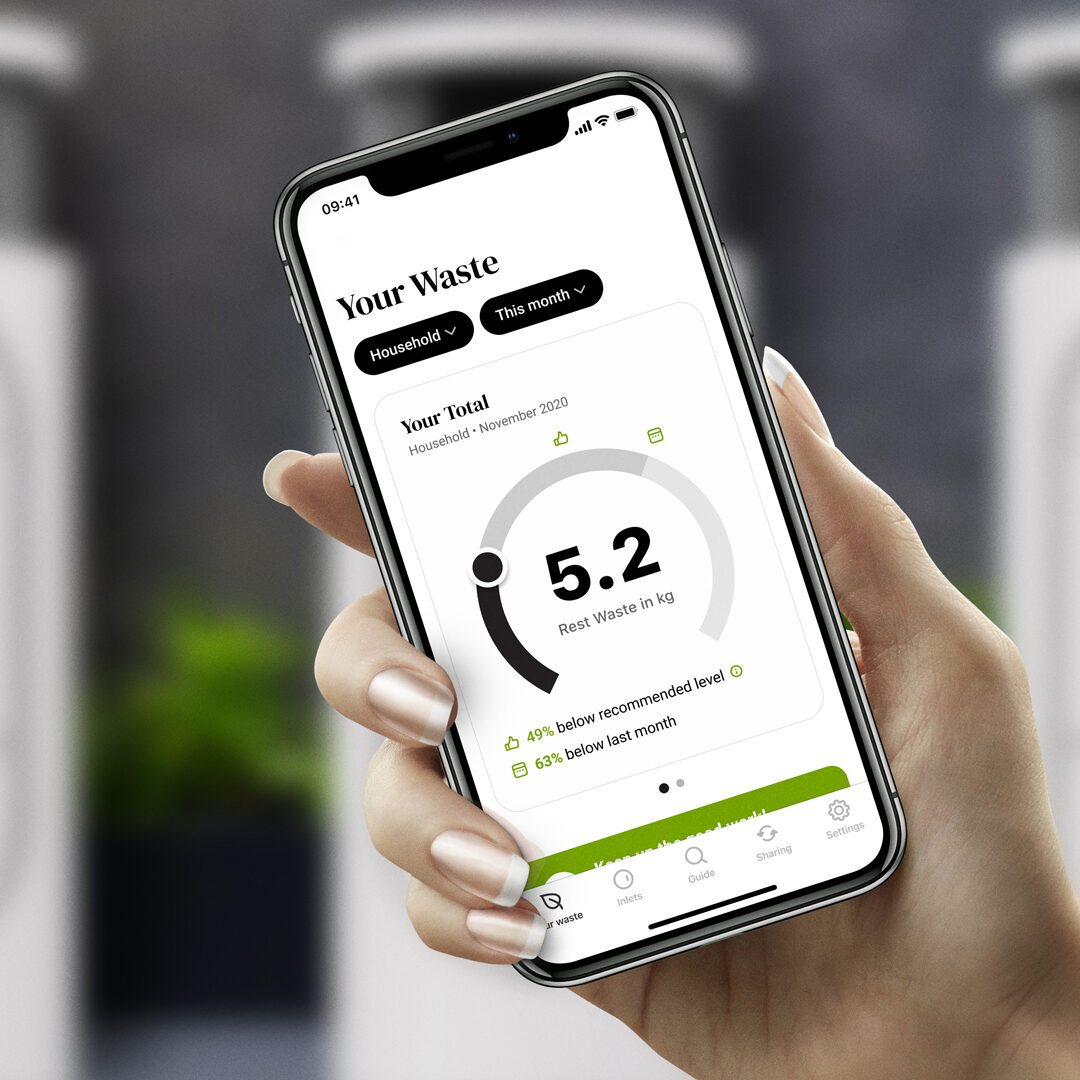
Make every action count with Envac ReFlow
Revolutionising smart city governance and citizen engagement with Envac ReFlow. We are facing an enormous environmental challenge, and with Envac ReFlow we have created the infrastructure that helps cities reach their climate and recycling goals by getting their citizens involved. ReFlow is built with the world’s leading experts from the social and behavioural sciences and is designed for sustained citizen engagement. Enabled by novel urban data streams it helps us to visualize waste flows and educate citizens on recycling. ReFlow provides citizens with feedback on their recycling rates and how that is helping to reach the city’s environmental goals. Reduce, reuse and recycle is the core mantra with focus on promoting increased recycling of what ends up as waste.
Learn more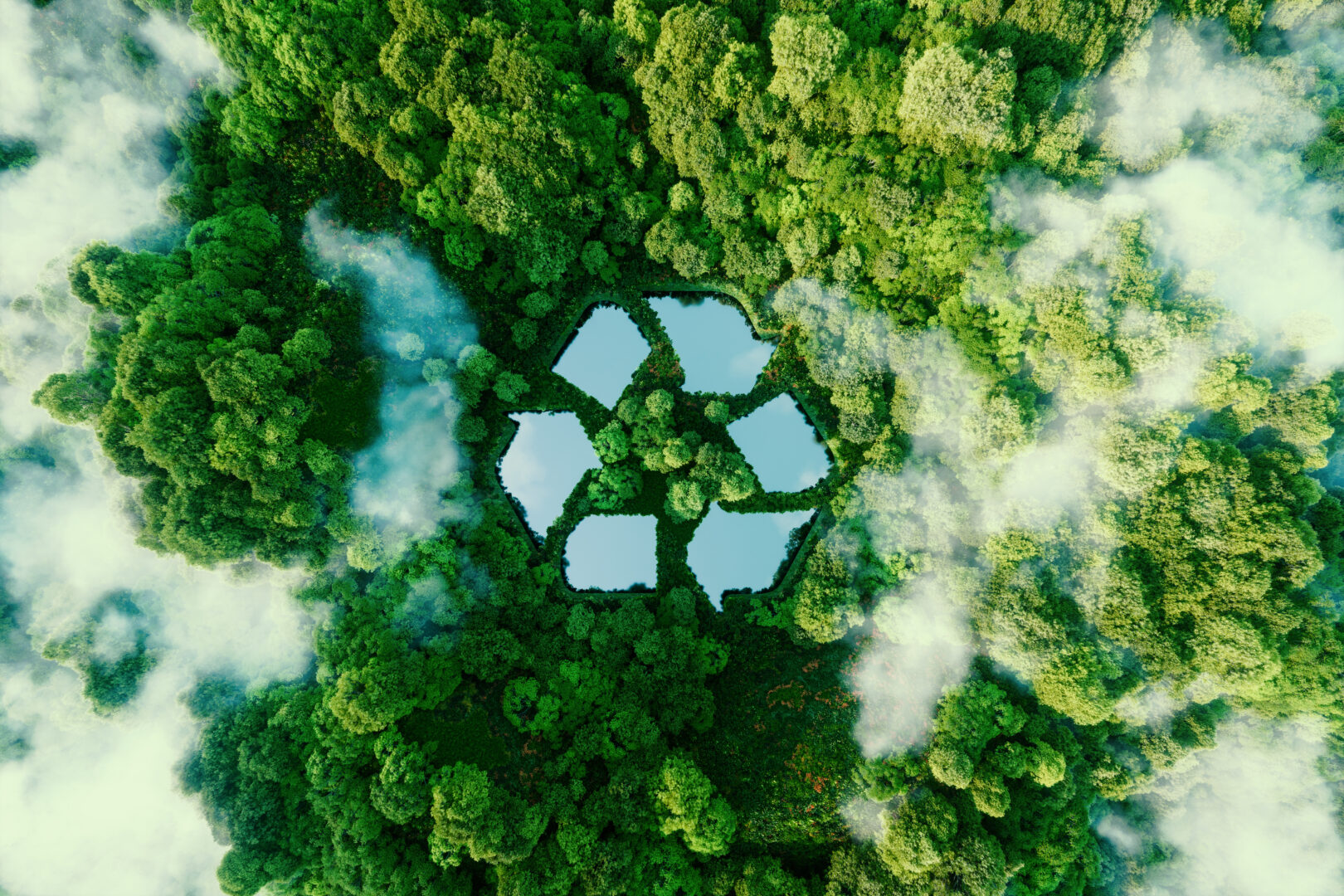
Envac’s automated waste collection system helps communities reduce environmental impact
of plastic has been made
but sadly, only 9% of this has been recycled. If these trends continue, by 2050 we’ll have produced 26 billion metric tons of plastic waste, almost half of which will be dumped in landfills and the environment.

Still wondering? How Envac system can help
reducing carbon emissions
keeping the environment safe and clean
making your city a smart city
keeping hospitals safe and hygienic
reducing the spread of infections
improving recycling habits
Sources:
National Geographic, World Food Programme, World Health Organization, Our World, Clean Earth Trust, The World Counts, United Nations Environment Programme, PubMed


